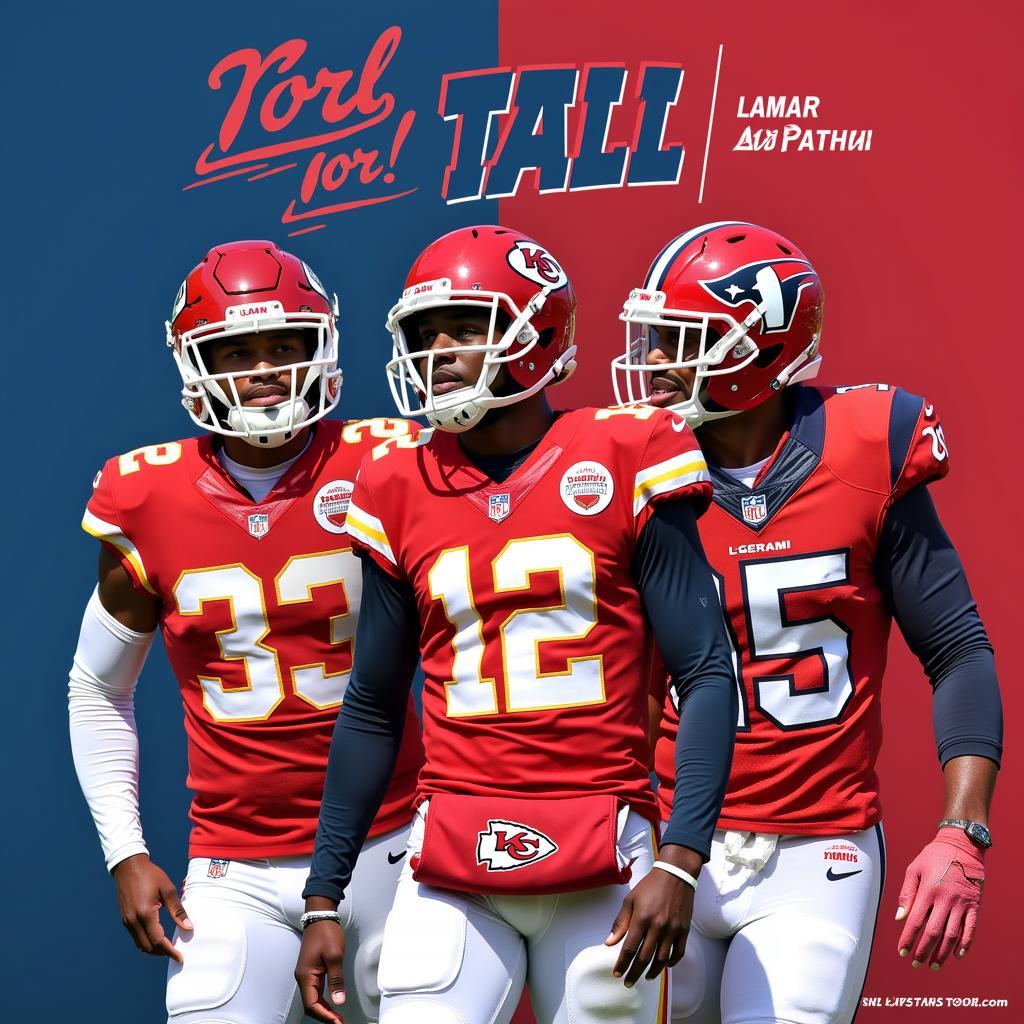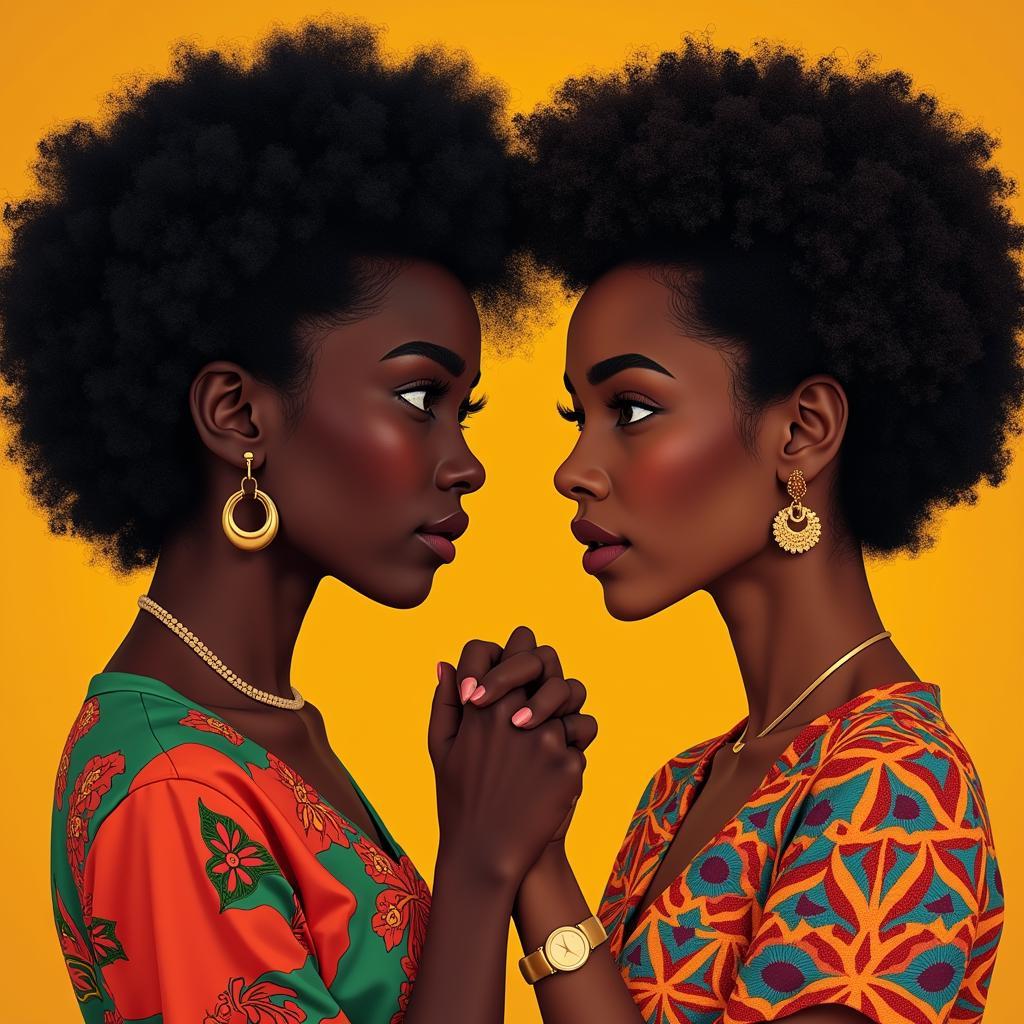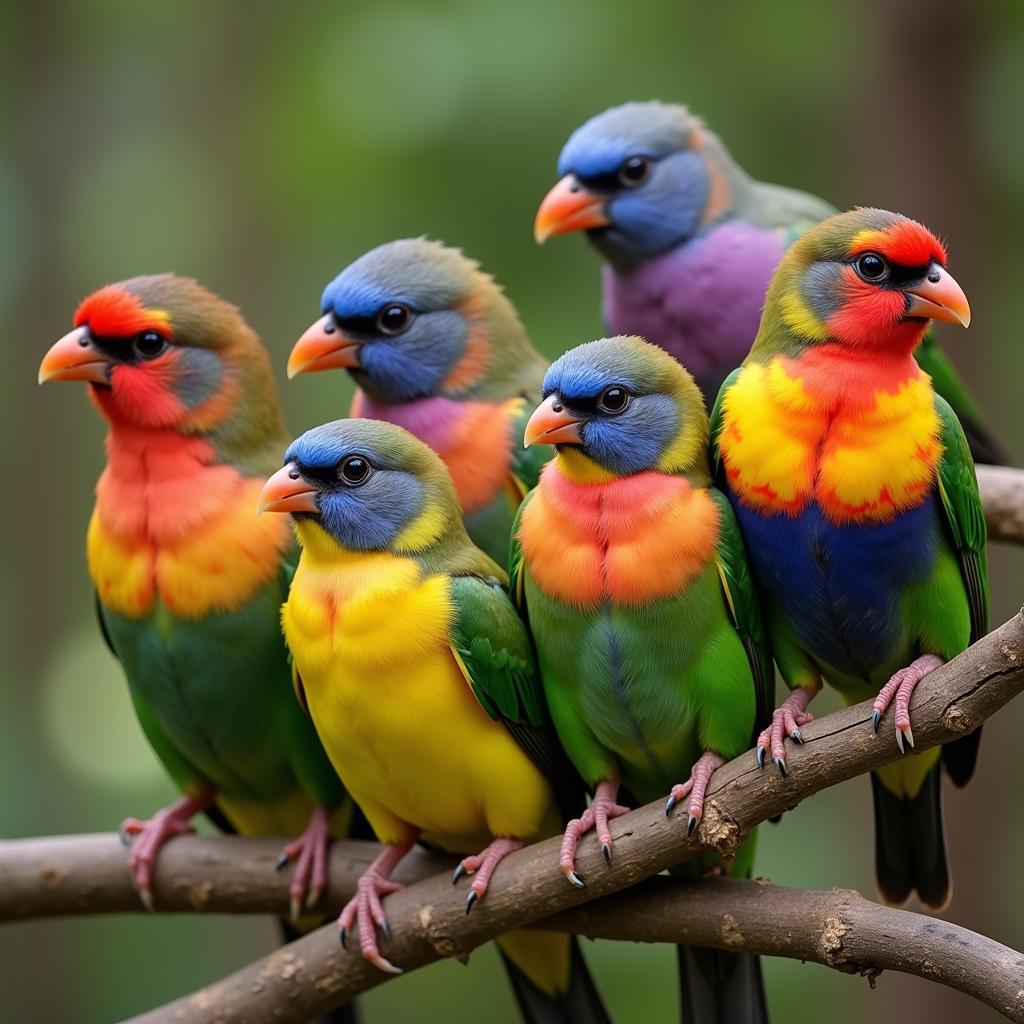Exploring the Rich Tapestry of African Communication
African Communication is a vibrant and complex tapestry woven from a rich blend of oral traditions, nonverbal cues, and modern technologies. Understanding this multifaceted approach is key to appreciating the depth and diversity of African cultures. african communication system offers a deeper look into this fascinating subject.
The Power of the Spoken Word: Oral Traditions in African Communication
Across the continent, the spoken word holds immense power. From ancient griots recounting historical narratives to village elders sharing wisdom through proverbs, oral traditions serve as a vital means of transmitting knowledge, values, and cultural identity. Storytelling, poetry, and song are not merely forms of entertainment; they are powerful tools for education, social commentary, and community building. Imagine sitting around a crackling fire, listening to the rhythmic cadence of a storyteller weaving tales of ancestors and mythical creatures. This immersive experience is at the heart of African communication.
Beyond Words: The Significance of Nonverbal Communication in Africa
While oral traditions are central, African communication extends far beyond the spoken word. Nonverbal cues, including gestures, facial expressions, body language, and even clothing, play a crucial role in conveying meaning and building relationships. A simple nod, a particular handshake, or the way one drapes their garment can communicate respect, affiliation, or social status. Misinterpreting these subtle signals can lead to misunderstandings, highlighting the importance of cultural sensitivity. For instance, in some cultures, direct eye contact is a sign of respect, while in others, it can be considered confrontational.
Are you curious about the intricacies of animal communication within the African context? african grey parrot communication explores the fascinating world of these intelligent birds.
Bridging the Gap: Modern Technology and African Communication
The advent of modern technology has significantly impacted African communication. Mobile phones, the internet, and social media platforms have connected communities across vast distances, facilitated information sharing, and fostered new forms of expression. From online forums discussing political issues to mobile banking services transforming economic landscapes, technology is reshaping the ways Africans connect and communicate. This digital revolution is not without its challenges, however, as access to technology remains unevenly distributed across the continent, creating a digital divide that needs to be addressed.
How is Technology Impacting Traditional African Communication Methods?
Technology is undeniably influencing traditional African communication methods, creating both opportunities and challenges. While oral traditions remain important, they are being adapted and disseminated through digital platforms, reaching wider audiences. However, there is a concern that the immediacy and accessibility of digital communication may lead to a decline in the practice and appreciation of traditional forms.
Delving into specific examples of African communication can provide further insight. african grey sounds meaning offers a fascinating look at the vocalizations of African Grey parrots. Similarly, understanding the vocabulary of these birds can be explored through african grey parrot words.
Embracing the Future: African Communication in a Globalized World
As Africa continues to integrate into the globalized world, African communication is evolving, adapting, and innovating. The challenge lies in preserving the rich heritage of oral traditions and nonverbal cues while embracing the opportunities presented by new technologies. By understanding the nuances of African communication, we can foster greater cross-cultural understanding and appreciate the diverse voices and perspectives that shape this dynamic continent.
In conclusion, African communication is a dynamic interplay of tradition and modernity, offering a rich and nuanced understanding of human interaction. From the power of the spoken word to the subtle language of nonverbal cues and the transformative impact of technology, exploring African communication is a journey into the heart of diverse cultures. african journal of information and communication technology offers further academic exploration of this topic.
Expert Insights:
-
Dr. Abimbola Adebayo, Professor of African Studies: “African communication is not just about what is said, but how it is said, and who is saying it. Context is crucial.”
-
Aisha Mohamed, Cultural Anthropologist: “Nonverbal communication is the unspoken language of African cultures, a silent dialogue that speaks volumes.”
FAQ:
- What are the key elements of African communication?
- How does nonverbal communication differ across African cultures?
- What is the role of technology in modern African communication?
- How are oral traditions being preserved in the digital age?
- What are some common misconceptions about African communication?
- How can I improve my cross-cultural communication skills when interacting with Africans?
- What are some resources for learning more about African communication styles?
Need further assistance? Contact us at +255768904061, [email protected], or visit us in Mbarali DC Mawindi, Kangaga, Tanzania. We have a 24/7 customer service team.




